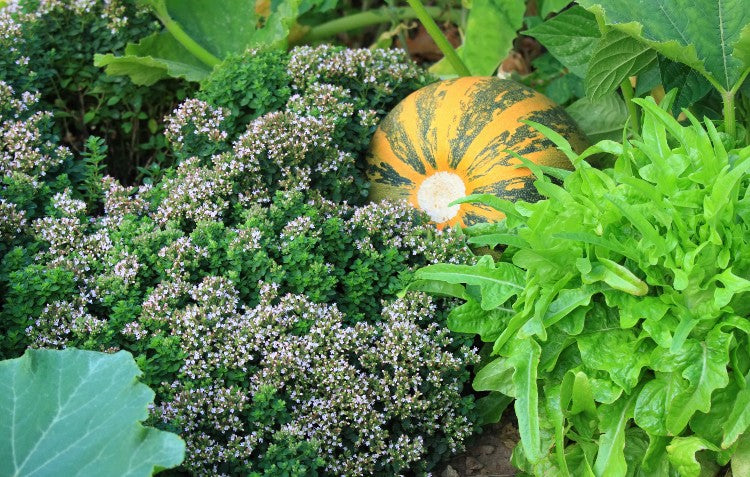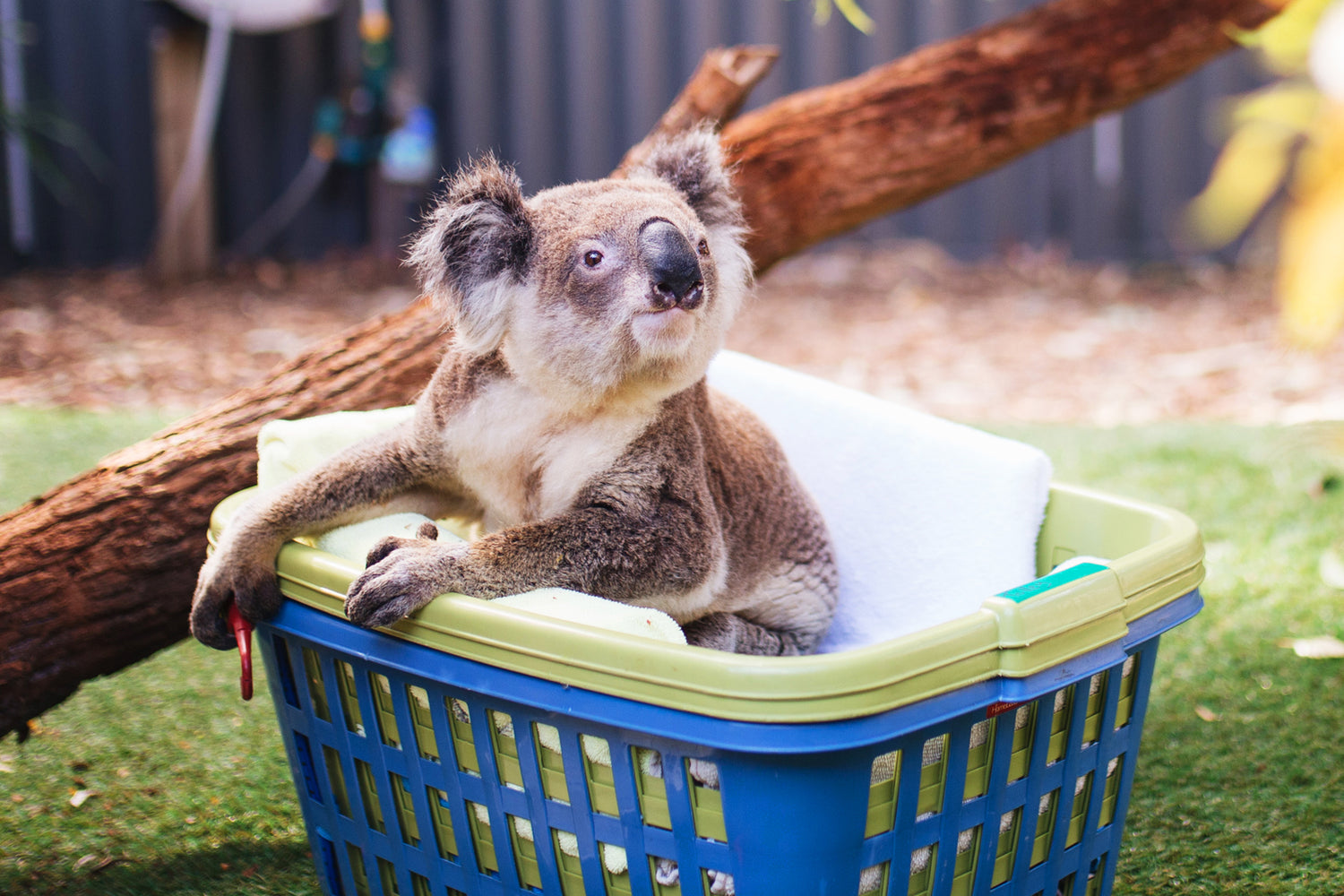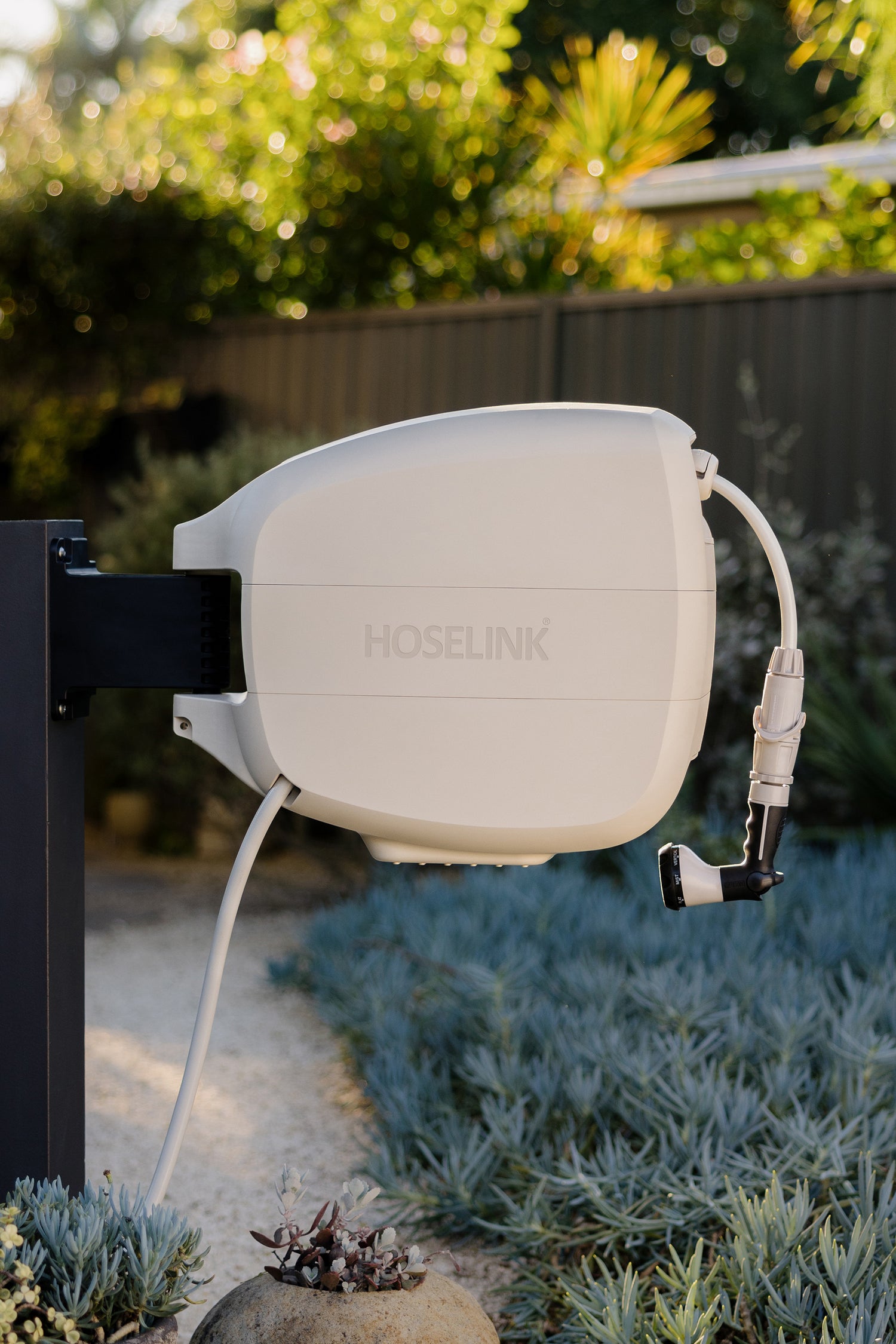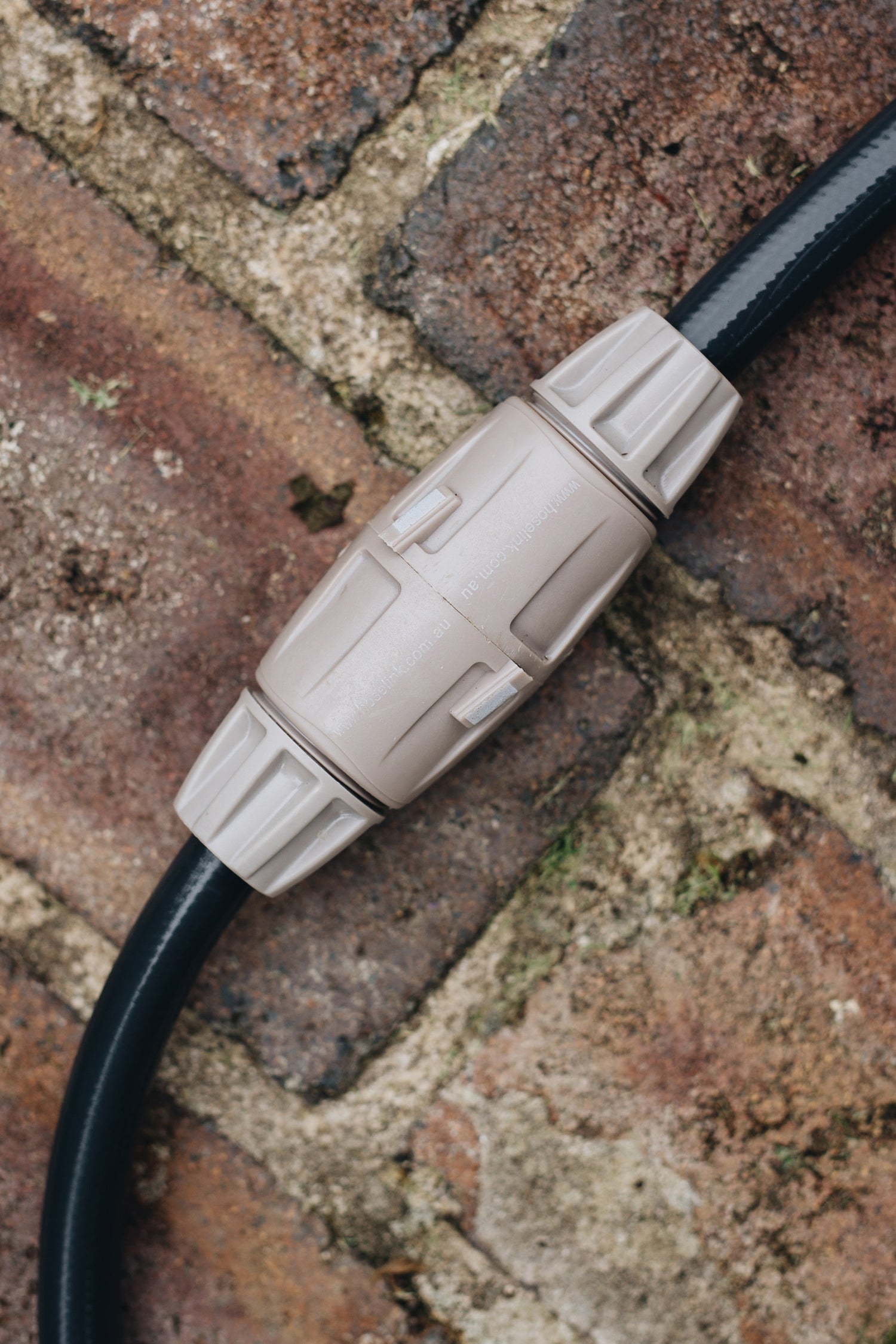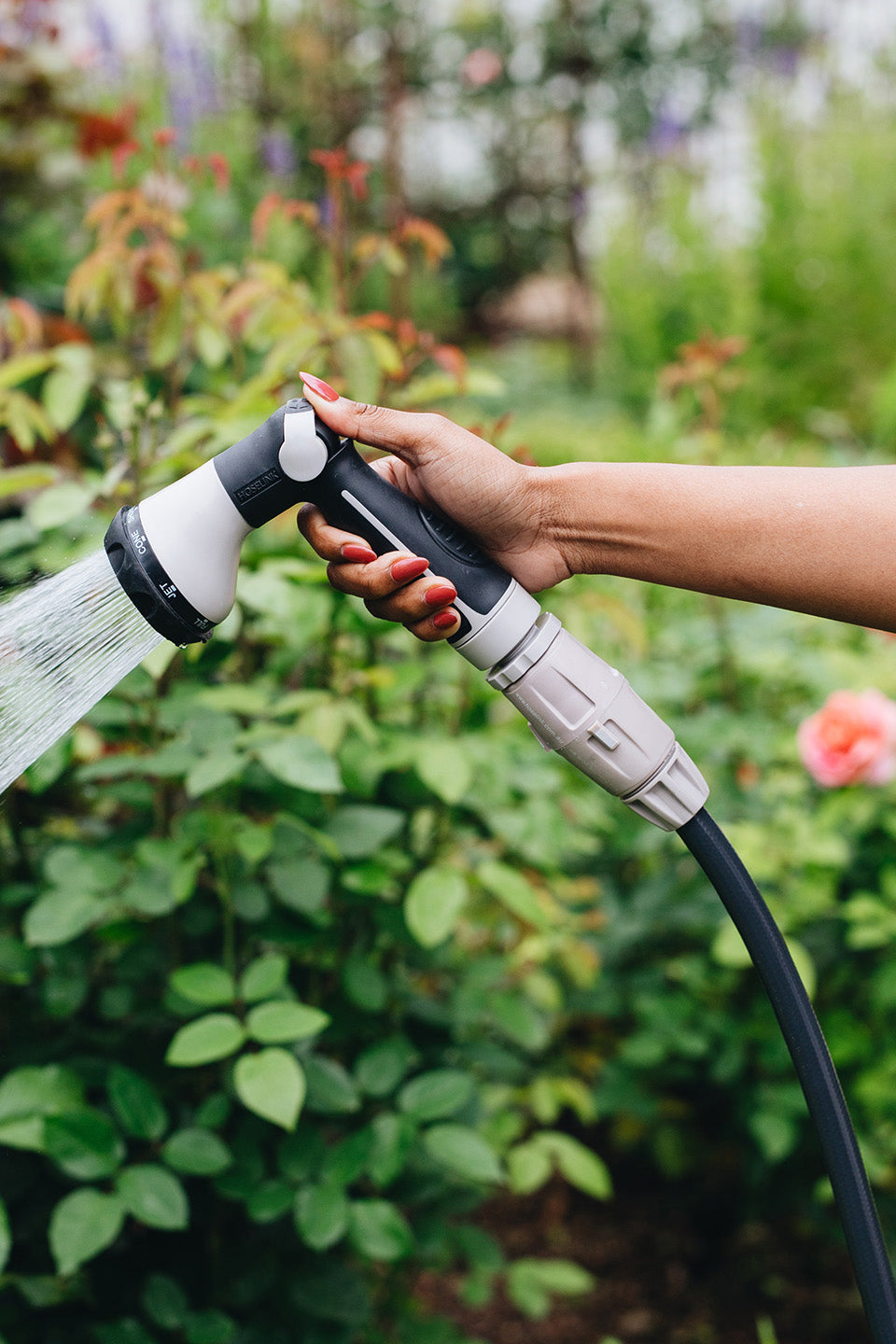You may have heard of permaculture gardening before, probably next to the word organic. However, have you ever learnt the true definition of permaculture gardening and why it can work for you and your garden?
It is a common misconception that permaculture is simply organic gardening. However, organic gardening still allows for natural fertilisers to be used. Permaculture takes organic gardening one step further by leaving little to no impact on the environment. Although permaculture gardening may sound scientific and more complex than regular or organic gardening, it is worth learning about and trying a few of the methods to adapt to a more sustainable way of life. Keep reading to learn the principles, ethics and top tips for getting started.

Permaculture gardening is about an all-round approach, leaving no nature element astray. The ethics of permaculture are Earth care, people care and fair share. ‘Earth care’ refers to the ongoing maintenance of our planet. Experts suggest that if we do not continue to nurture our Earth, there will be huge consequences. The principle of ‘people care’ states that if humans’ needs are met, the home they live in will thrive. Finally, the ‘fair share’ principle suggests that when we have a flourishing home, we are enabled to share with others.
If you’re just starting out, it is essential to pick a sunny spot in your backyard away from trees to eliminate competition for shade and roots. It may be beneficial to draw up a map of your outdoor space and label them with zones; this will help you better plan for the seasons, and make the most of the area. Even with a small balcony space, you don’t need a vast area to grow your own produce. One of the fundamentals of permaculture gardening is having a way of saving everything. One of the most important and easiest things to do is save water. You may think that a large water tank is in order; however, there are many small-scale options for gardens of all shapes and sizes to help you save water – you can read more about them here. The water saved will benefit your plants and any animals you may have, and the overall sustainability of your home.
You may be wondering if you aren’t starting with a clean slate, how do you transition to permaculture? There are a few simple measures you can take to adapt your garden to suit permaculture principles. First of all, consider that soil is not just for growing plants but also for growing and developing the soil itself. Caring for soil is one of the most straightforward steps you can take toward a permaculture way of life, for example, by adding worms so they can do the tilling for you!
Take away the pesticides and chemical fertilisers. Switching to natural or organic is a simple way to make a significant change. There are now many natural ways of removing pests without using nasty chemicals. Adding some mulch to your soil is one easy step to take; not only does it protect the soil from drying out, but it also adds essential nutrients. As much as it is aesthetically pleasing to plant everything in rows, it can be much more useful to go against the grain and be savvy with the space you have to work with. Keep in mind you are designing your garden to be as reusable and recyclable as possible. Remember to share your newfound knowledge with your friends and family as it may inspire them to make some changes too.
By following the ethics of permaculture, you will learn that wildlife and insects do not go astray. Wildlife and insects are an integral part of permaculture. Devotees to permaculture gardening often have chickens to provide warmth and to produce a natural carbon dioxide for plants. If you have any pet guinea pigs or rabbits, you may want to consider having them outside some of the time in a mobile pen – this will help if you happen to dislike mowing the grass. If you live in a cooler climate, chickens’ warmth can be highly beneficial to plants when temperatures drop overnight. Chickens will also keep the garden area clean as well as eat the larvae and insects on the ground – taking care of your pest problem!

Understandably, chickens may not be possible for some inspiring permaculture gardeners so greater importance is placed on insects. To attract beneficial insects, focus on planting herbs such as coriander, dill and parsley. To avoid harmful insects or pests, pungent plants like garlic, onion or thyme. If this doesn’t work for you, you can try another natural approach by applying Vaseline to fruit trees. This will prevent climbing insects from taking your produce! Better yet, if you’re a coffee-lover, sprinkle your leftover coffee grounds in the soil to help deter slugs and snails.
On the topic of disposing of food scraps, a composting worm farm can be an excellent solution for anyone who can’t have chickens or other animals that eat the waste. Worm farms are easy to set up, and the worms will eat almost any waste food scraps from your kitchen. If you have a furry friend, you can also dispose of their manure in the worm farm.

While permaculture sounds very positive, it is also important to consider if it is right for you. Permaculture does take some time to become beneficial and for you to noticeably see the improvements. Permaculture also requires a lot of work and, unfortunately, may not be suitable for large scale areas. There may be further complications, especially when it comes to having wildlife such as chickens on your property as you must oblige with local council guidelines to avoid fines or penalties. There is still much more to learn about permaculture, but hopefully, this guide provides a helpful start!
There are many benefits of permaculture, not only to the individual but also to the environment. Other than the obvious environmental benefits, plants have been proven to be fantastic for mental health, providing a sense of pride and ownership to individuals. By planting your own herbs and vegetables, you may also be able to save significant money. While it may have some additional start-up costs, permaculture gardening will ultimately help you keep the money in your pocket as you enjoy food fresh from the backyard. As an added bonus, you’ll also be assisting the insect population. Growing plants that attract beneficial insects will help with pollination and will help preserve our precious bee population.
Have you ever been enjoying a summer evening outside but had to move inside because of the mosquitoes? Thankfully, permaculture gardening incorporates plants such as lemongrass to help keep those pesky mozzies away. Although permaculture can be time-consuming, lots of hands make light work, and this new way of gardening will surely bring people together.

Simple internet research will allow you to learn the basics for kick-starting your permaculture journey. The more you know, the more you will discover the community in permaculture and find connections with others who are passionate about this way of life.

